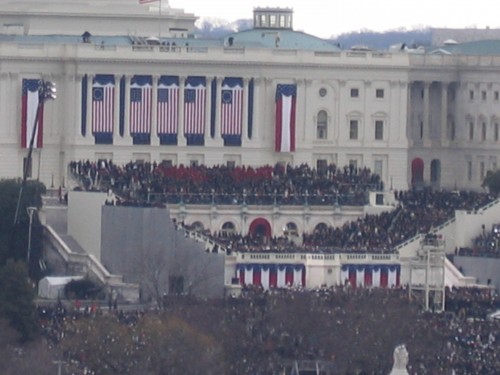UPDATE: Here is one solution.
This week Europe blew up. The media haven’t caught up yet, because they are what they are. But the markets are catching up fast.
This is a huge event for the United States, because our political elite is bound and determined to turn us into Europe. Hasn’t the EU found the answer to war and peace and prosperity forever?
Our Democrats believe it. Europe is their model. Every batty new idea they have is copied from the glorious European Union. Twenty years ago they still celebrated the Soviet Union, until that house of cards crumbled. Now they have shifted their fantasy paradise to Europe.
Over there, fifty years of increasingly centralized control have made it impossible for voters to be heard. The political parties are stuck in GroupThink. Only the fascist “protest” parties agitate for reform. The ruling class doesn’t listen. They don’t have to — they don’t have to run for election.
So European voters fled to the fascists to express their rage and despair. Imagine one out of four US voters going for Lincoln Rockwell, and you get the idea.
Read the rest, as they say.
Belmont Club has an unusually good post for yesterday. I could say that more than once a week, if truth be known. This one is quite to the point on Sequester Day.
The NHS, which its creators boasted would be the ‘envy of the world’, has been found to have been responsible for up to 40,000 preventable deaths under the helm of Sir David Nicholson, a former member of the Communist Party of Britain. “He was no ordinary revolutionary. He was on the hardline, so-called ‘Tankie’ wing of the party which backed the Kremlin using military action to crush dissident uprisings” — before he acquired a taste for young wives, first class travel and honors.
The NHS is dealing with the shortage of funds by pruning its tree of life, so to speak. He also does not tolerate anyone telling the truth about it.
it emerged he spent 15 million pounds in taxpayer money to gag and prosecute whistleblowers — often doctors and administrators who could not stomach his policies.
The public money spent on stopping NHS staff from speaking out is almost equivalent to the salaries of around 750 nurses.
It has recently been noted that NHS staff no longer recommend their own hospital for family members. Also one quarter report being harassed or bullied at work.
The other half of the equation involves the youth.
The European Youth will remain outside the Death Pathways for some time yet. But they will spend the time waiting for their turn at affordable, caring and passionate medicine in poverty and hopelessness. With the exception of Germany youth unemployment in Europe is over 20%. “A full 62% of young Greeks are out of work, 55% of young Spaniards don’t have jobs, and 38.7% of young Italians aren’t employed.”
Unemployment exceeds even our own Obama economy for failure.

